Who invented the first automobile? Almost anyone can instantly say that Karl Benz and his venturing partners first made the dream of self-moving vehicles come true.
The fact that the first automobile was invented in 1885 and came into mass production in the U.S. by Henry Ford is common knowledge. But how did this invention, made first in Germany, travel its way into the hands of American manufacturers? When the history of automobiles is narrated, one name is often missing: the Duryea brothers.
The Horseless Wagon Is Real
Less than a decade after the excitement of Benz’s invention of automotive engines swept Europe; the Duryea brothers invented their version of the automobile; A four-wheeler powered by a single-cylinder, 4HP, gasoline engine. In 1893 Charles and Frank Duryea took their invention to the streets of Springfield, Massachusetts.
Benz’s first invented engine could barely produce 1 HP, though it also was a single-cylinder engine. So the Duryea brothers’ first invention could be said to have been a more eye-catching achievement. But is that all the role they played? If the design of an optimized engine compared to that of Benz’s had been all they had done, why should anyone mention them next to great figures and marques like Benz and Ford?
Well, it just so happens that the Duryea brothers, whether they walked hand in hand or alone, did so much more. It could be said they lay the foundations of the American car industry and paved the road for the better-known pioneers, such as; Ford, Chasybel, and General Motors. Read on to find out more about the obscure story of these two brothers.
The Firsts In America
After the buzz showcasing their first “horseless wagon” made (because the horseless wagon was the name used back then for automotive vehicles), the two brothers set to manufacture yet another of their motored wagons. Driven by enthusiasm, they wanted to ensure their second invention would be unparalleled. And so it was that the second Duryea car was invented, and driven by Frank Duryea, won the Chicago Herald’s race. Two years after the invention of their first car, the Duryea brothers came first in the first-ever American automobile race.
The Chicago Herald’s race had been near 54 miles, and Frank managed to traverse it with a speed of 7mph. Though such numbers sound too small and laughable, at the time, barely any other vehicle had made it to the finish line except the Duryea’s. This victory promoted the possibility of automobiles in a society that considered them the tinkering of some madmen.
Another first, though not much of a glorious incident, associated with the Duryea name is America’s first auto accident. In 1913, Henry Wells crashed with a bicyclist while driving his new Duryea car and made the record of having the first accident driving an autocycle (the name autocycle had by this time replaced horseless wagon in America’s diction for automobiles.)
The Duryea Continues Its path Of Being American
he Duryea Brothers continued to produce automotive vehicles that were all American. Despite the few Benz Automotives that had found their way into American soil, the Duryea remained at large. One incident that helped Duryea’s rise to fame had been the presence of a Benz autocycle in the Chicago Herald’s Race that Frank had so gloriously won, proving Duryea superior to Benz in the eyes of most Americans.
The fame of the automobiles drove the brothers to produce the cars commercially, that is to say, in larger numbers and for the use of other people. The dedicated brothers made 13 automobiles manually in the space of a year, Inside their garage. This feat made them the first auto company and the largest to exist at the time.
However, the commercial production of Duryea was only the smallest step towards the car lined streets we see today. The few cars were only accessible by the very wealthy. George Vanderbilt, the American billionaire, was one of the few who could afford the auto-vehicle that lives in his renowned Baltimore mansion to this day.
The Legacy Of The Pioneers
Despite their continued commercial success with new and better car models, Charles was haunted by the dream of a car that the lower classes could afford. So in 1907, Charles made significant design changes to their models to invent an auto wagon that would be fit even for rural regions populated by less prosperous folks.
But despite his changes that reduced the car price to $700 instead of the $1600 a Duryea usually sold at, the car did not achieve the success he had envisioned. The two brothers’ predicaments increased as other brands started stepping into the market that had been solely theirs for the past few years. Henry Ford’s superior techniques in the mass production of cars made the attempts of the two brothers pale in comparison.
But this must not let the role they played in bringing the notion of automobiles and their wide use by almost any person pale. Even if the Duryea business enterprise failed, the dream and ideas that fuelled that notion paved the way for the auto occupied world we live in today.
Source: National Museum of American History | Britannica
Read Next
About The Author


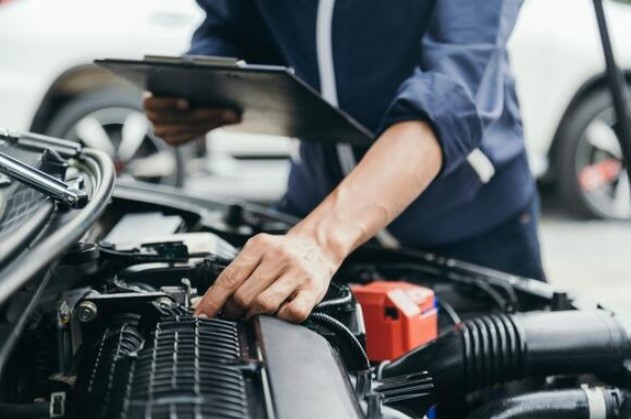
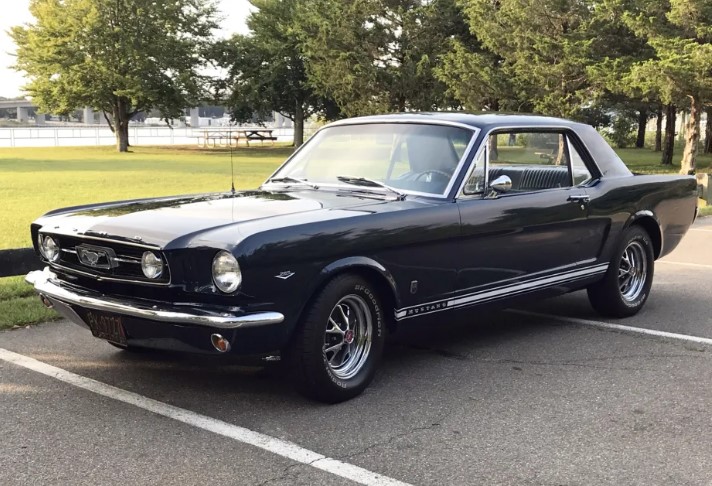
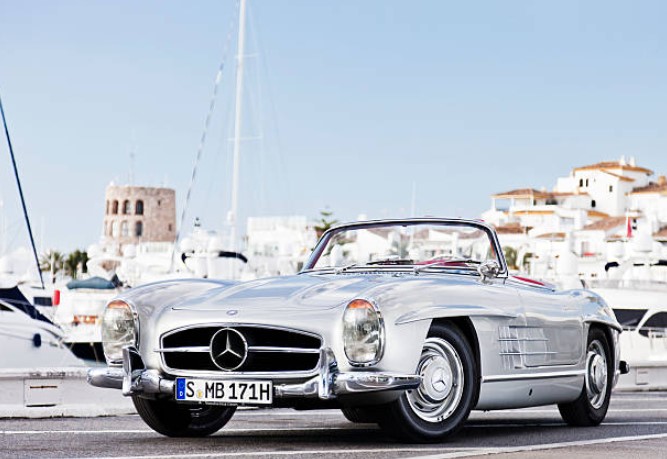
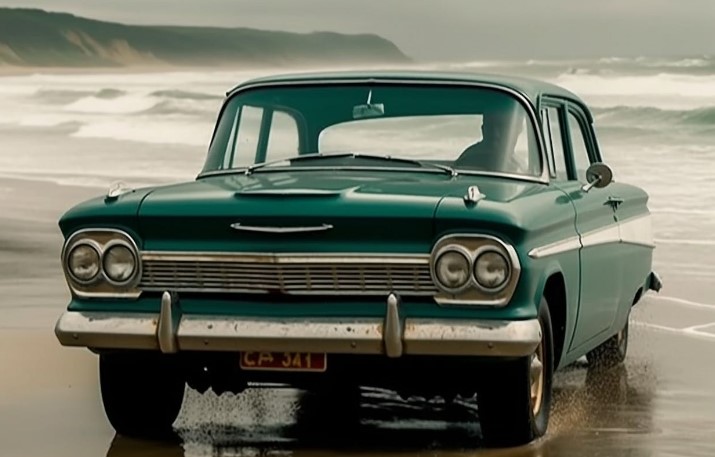
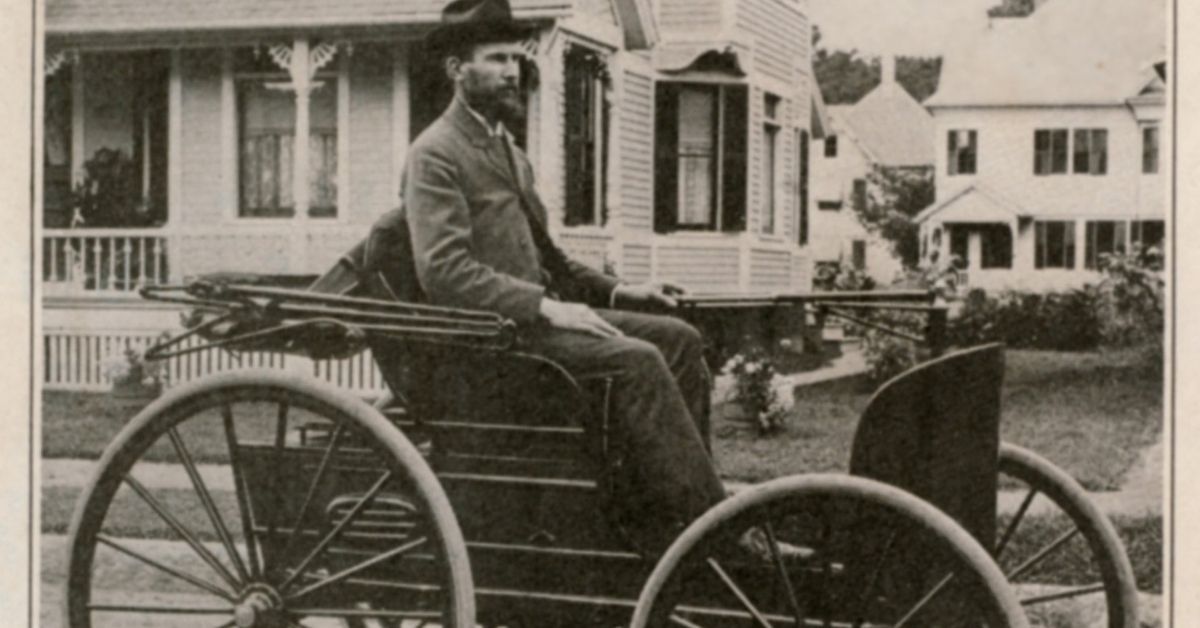

More Stories
Tips for Negotiating the Best Deal When Selling Your Car
5 Women That Shaped the Automobile and the World Around It (and Us)
Automobile retail sales see double-digit growth in February on robust demand